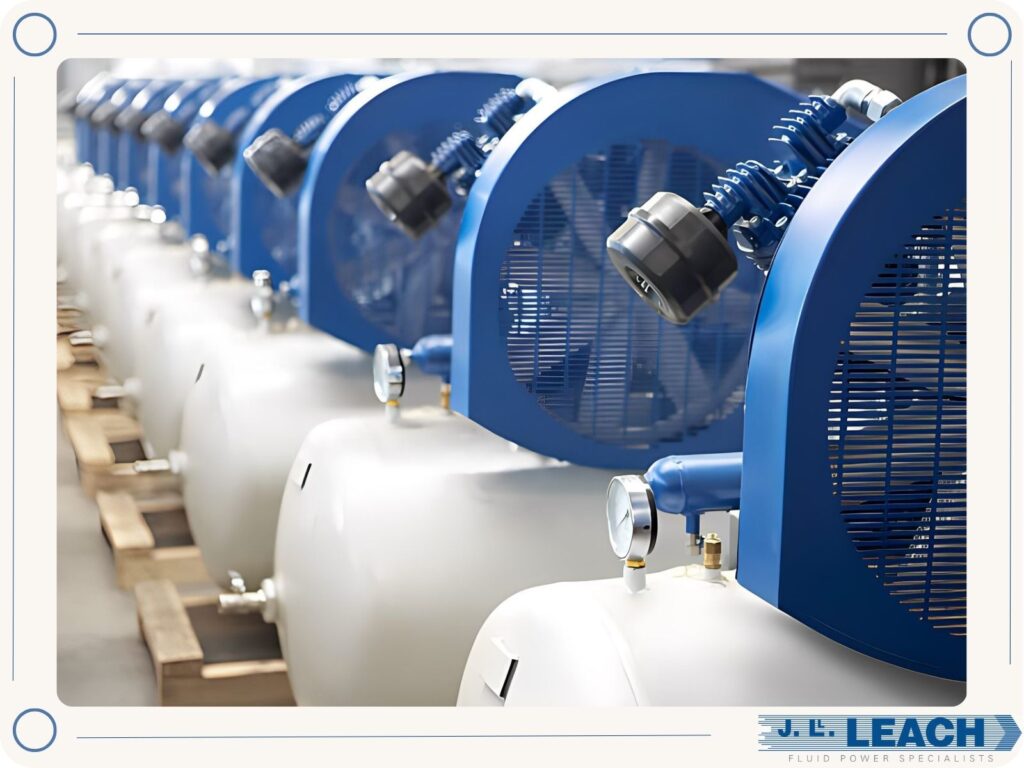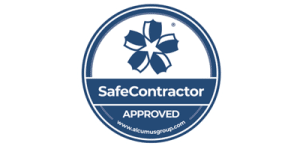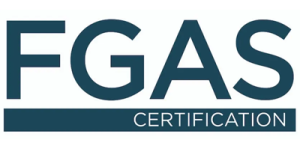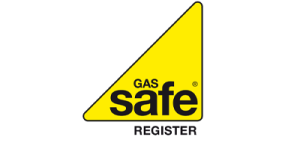Compressed air systems are a mainstay across a multitude of industrial landscapes, owing to their unparalleled efficiency and adaptability. However, in a compressed air system, leaks are inevitable.
Indeed, a well-installed system will allow for the fact that a perfectly sealed system is impossible. However, when more leaks develop, leak detection becomes essential. Understanding what leaks are, what causes them, and how you can find them will help ensure your system runs as efficiently as possible.
Table of Contents
What are compressed air leaks?
A compressed air leak is an unintended escape of air from the system. Some air loss is inevitable, usually through joints and seams in the network. However, more leaks can develop over time.
There can be many causes. One might be poor installation and fitting, which is why it is essential to use skilled engineers who check and certify their work. Another common cause is material failures through corrosion or wear and tear on seals for example. Physical damage can also cause problems, even away from the site of the initial damage. A knocked pipe, for example, may dislodge a joint elsewhere.
A lack of routine maintenance is perhaps the most common cause. Vibration from normal operations can cause joints and seals to loosen, while failure to address other issues can cause them to worsen.
Do leaks matter?
Given that leaks are inevitable, do they matter? The short answer is yes, and you will pay a very real price if you fail to address them.
Air leaks cost money
Your compressed air system must maintain the pressure required by your production and use requirements. A leaky system often loses as much as 20% to 30% of the output to leaks. That means the compressor has to work harder to compensate. This results in higher energy costs and more wear and tear on your system.
Failure to address leaks can result in a downward spiral and, therefore, performance as your compressor struggles to maintain pressure, and your processes suffer as a result.
Air leaks have an environmental impact
While the leaks are simply air – and in some cases very pure and dry air — because your compressor is working harder, it is using more energy, increasing your carbon emissions. The impact goes beyond the compressor. For example, if you have driers, they will need to be powered to dry air that is simply escaping.
Without air leak testing, your first sign of a problem might be escalating bills and increasing difficulties in meeting your environmental goals.
Air leaks reduce your operational efficiency
Leaks within your compressed air system can quickly impact your operations. How this happens will depend on your specific processes, but lower pressure might impact the performance of pneumatic tools and slow production. Alternatively, it can result in inconsistent pressures, increasing costly production failures.
At its worst, the pressure lost to air leaks can result in expensive downtime if your entire operation must be halted while you conduct extensive maintenance on your system.

How are compressed air leaks detected?
If you have ever repaired a cycle inner tube using soapy water, you are already familiar with the basic concept behind air leak detection. Escaping air creates bubbles in the soapy water, indicating the leak’s location and size. Fortunately, more modern techniques work in much the same way, such as using technology to identify the leak’s effects.
Using flow meters at various points in your system is one method. These take precise airflow measurements, allowing you to identify drops caused by a leak. Thermal imaging can also be used to spot the temperature difference between the escaping compressed air and the ambient air. However, these methods have drawbacks. Flow meters cannot precisely identify a location, just narrow it down to a section, and thermal imaging requires line-of-sight, which may be impossible for some installations.
Ultrasonic detection has become the gold standard of leak detection.
Why ultrasonic leak detection is the best way to find leaks
Ultrasonic detection works by tracking the inaudible, high-frequency sounds created by escaping air. Because it works at a high frequency, it can be used even with background noise, meaning that detection can take place without affecting operations.
It is incredibly precise, allowing pinpoint accuracy in locating the leak and assessing the leak’s volume – detectors even have lasers to target the leakage. Due to ultrasonic leak detectors working on sound and being small, they are effective for leak detection even in complex systems where pipes might be hidden or obscured.
The result is that ultrasonic detection can quickly provide a comprehensive and prioritised list of leaks within a system, all without disrupting day-to-day operations.
How can you prevent and manage leaks?
Prevention is always better than cure. You can help avoid leaks by using experienced and skilled engineers like J Ll Leach’s, to ensure your compressed air system installation is fitted correctly. They can also help to design a system that works efficiently and around your work practices, minimising the risks of accidental damage.
Ensuring your system is regularly serviced and maintained after installation will reduce leaks that might be caused by excessive condensation or vibration for example.
However, leaks will still happen so it is vital to have a plan in place to address them. The plan should include monitoring to ensure that any changes in flow or pressure are investigated and acted upon. This includes installing a monitoring system that will constantly capture data and allow you to assess the health of your system remotely. Most importantly, the plan should be backed up by full leak detection audits at appropriate intervals.
The approach that is right for you will depend on your compressed air system and how you use it. Some might require constant monitoring while others may only need an infrequent audit. It is critical that you have a suitable monitoring plan in place and follow it.
Getting started with leak detection
One of the great advantages of air compressors is that they are hard-working and robust machines, but like any other equipment, you must take care of them.
Understanding how your machine performs and investigating any change is important. However, combining your understanding of your system with best practices in regular leak detection will ensure that your compressor works as efficiently and cost-effectively as possible. Many of our clients find that the energy savings quickly recoup the cost of leak detection. So, if you want to check your compressed air system’s health, just call us.












